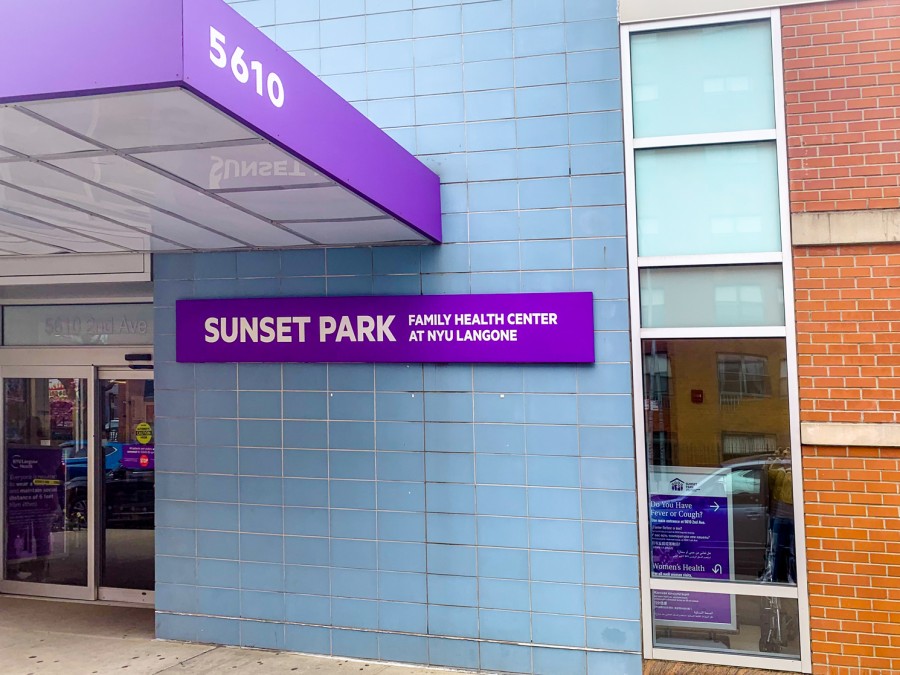NYU Langone launches hearing loss screening program for immigrant children
NYU Langone Health’s new initiative, the Hearing Loss Awareness and Screening Program for Low-Income Immigrant Families, will serve children living in the New York City area.
NYU Langone Health’s Hearing Loss Awareness and Screening Program aims to help children from low-income immigrant families who develop hearing loss early in life. (Staff Photo by Carmo Moniz)
April 22, 2022
NYU Langone Health established the Hearing Loss Awareness and Screening Program for Low-Income Immigrant Families in early April to serve children living in Sunset Park, Brooklyn and Mineola, Long Island. Langone collaborated with its Institute for Excellence in Health Equity and the Department of Otolaryngology to create the program.
Otolaryngology department chair Thomas Roland Jr. said he hopes the program will serve as an early intervention for children who develop hearing loss at a young age. They plan to screen children from ages one to five. Any child found to have hearing loss will be admitted to one of NYU’s hearing health programs.
“It is our feeling that many immigrant families, coming from countries where early infant screening for hearing loss is not available, arrive with children that might already have hearing loss that is unrecognized,” Roland said. “They don’t get screened again until they are in first grade, if they get screened at all.”
Roland created the program after Larry Silverstein, who sits on NYU’s board of trustees and the Langone Health board of trustees, donated $1 million to support the initiative. Silverstein has a net worth of $4 billion. His multi-billion dollar real estate and investment firm has developed high-profile projects such as the World Trade Center complex. The hearing loss program will fund screenings in public settings like community centers.
According to Roland, children who are hard of hearing can experience difficulties both inside and outside of the classroom. Steinhardt senior Josephine Oh, a Communicative Sciences and Disorders major who is hard of hearing, said she struggles to communicate with her classmates because she wears hearing aids.
“My biggest challenge was having relationships with others,” Oh said. “I find that hearing loss can hinder the relationship between myself and others because communication is hard. And I found that many people become tired or frustrated when I ask for more repetition, which makes me become tired. It also made me frustrated, and I felt really sorry for them.”
Mario Svirsky, an NYU Langone professor of hearing science, also said that mild hearing loss can make it difficult for childrens to follow speech in a classroom. He noted that people who experience these difficulties may become socially withdrawn in noisy settings.
“Children from low-income families and from immigrant families are most likely to fall through the cracks,” Svirsky said. “That’s why this new NYU Langone program is so important both from a public health and a social justice perspective.”
Under the program, Roland plans to collect data that outlines the causes of impediments to accessing healthcare, to guide government agencies and healthcare systems in expanding their hearing program resources.
“We believe that access to quality healthcare, especially ear and hearing healthcare, is compromised in these populations,” he said. “Any child identified with hearing loss during this project will be immediately channeled into our hearing health programs through NYU.”
Contact Nicole Lu at [email protected].












































































































































